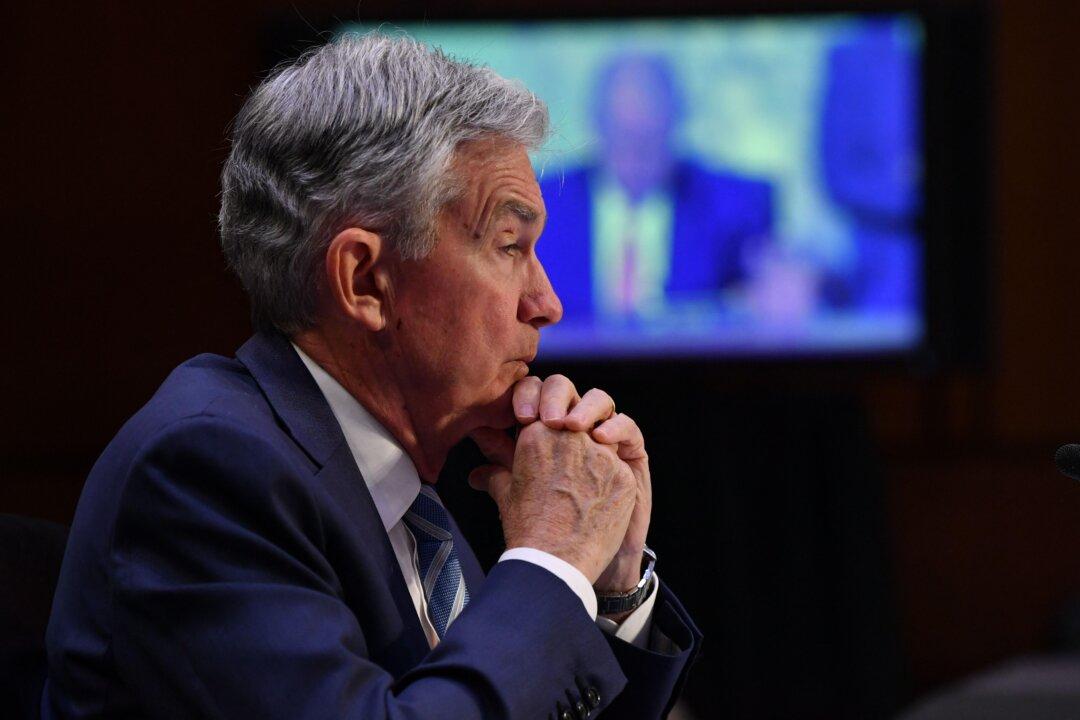For all the talk about combating inflation, the Federal Reserve is likely to reverse course and continue to print substantial amounts of money because doing otherwise would threaten the federal government with insolvency, according to macroeconomic analyst Luke Gromen.
Fed chairman Jerome Powell has been talking about the central bank’s aggressively raising interest rates in order to tighten the money supply, curb demand, and thus relieve inflationary pressure in the economy. Inflation hit a four-decade high of 8.6 percent in May. The Fed raised rates two weeks ago by 0.75 percent, the most in over 20 years.





